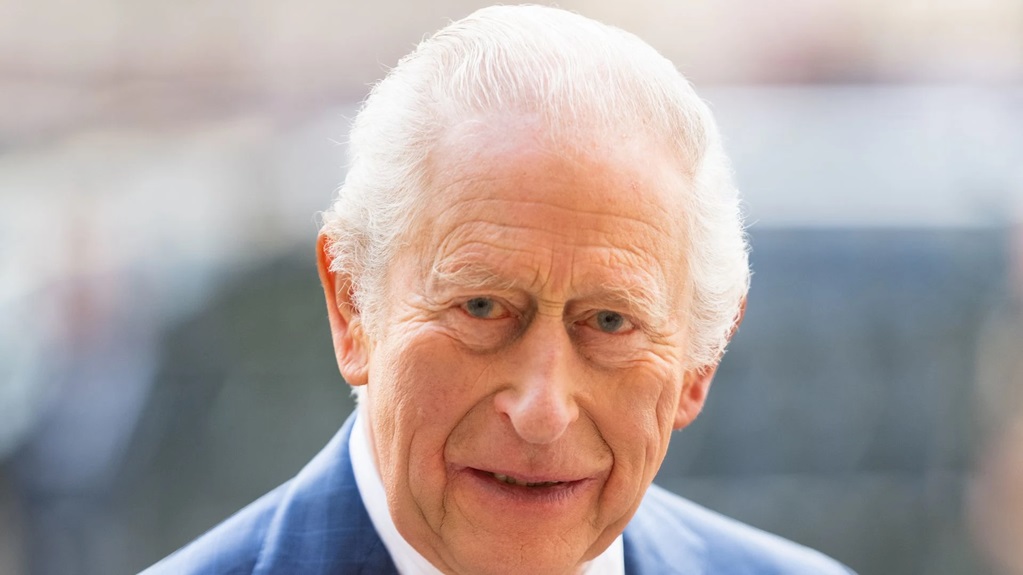Cheetahs to Return to India After 70 Years in Deal With Namibia
Written by WorldOneFm on July 23, 2022
India and Namibia have signed an agreement to bring cheetahs to the forests of the South Asian country, where the large cat became extinct 70 years ago.
According to the agreement signed Wednesday, eight African cheetahs will be transferred from Namibia to India in August for captive breeding at the Kuno National Park (KNP) wildlife sanctuary, in the central Indian state of Madhya Pradesh.
Indian officials said that as part of the “ambitious” project, 12 more African cheetahs from South Africa are expected to be brought to the park, though a formal agreement between the two countries has not yet been signed.
The KNP wildlife sanctuary is the new Indian home for African cheetahs, complying with International Union for Conservation of Nature (IUCN) guidelines, including a specific focus on site quality, abundant prey base and vast swaths of grasslands.
“The main goal of cheetah reintroduction project is to establish viable cheetah metapopulation in India that allows the cheetah to perform its functional role as a top predator,” a statement from the Indian Environment Ministry said.
The arrival of the cheetahs is expected to coincide with India’s 75th Independence Day celebrations on August 15, 2022.
After signing the agreement in New Delhi with Namibia’s Deputy Prime Minister Netumbo Nandi-Ndaitwah, India’s Environment Minister Bhupender Yadav tweeted: “Completing 75 glorious years of Independence with restoring the fastest terrestrial flagship species, the cheetah, in India, will rekindle the ecological dynamics of the landscape.”
In another tweet, he said, “Cheetah reintroduction in India has a larger goal of re-establishing ecological function in Indian grasslands that was lost due to extinction of Asiatic cheetah. This is in conformity with IUCN guidelines on conservation translocations.”
A statement from the Environment Ministry said the KNP can currently host up to 21 cheetahs, but after the restoration of a wider landscape, its capacity will be increased to about 36.
The cheetah, the fastest land animal, has been rapidly heading toward extinction and is classified as a vulnerable species under the IUCN’s red list of threatened species. An estimated 7,000 cheetahs remain in the wild and almost all of them are in Africa.
The plummeting number of cheetahs across the world is blamed mostly on the depletion of habitats and poaching. Hunting, loss of habitat and food scarcity led to the animal’s extinction in India.
It is believed that more than 10,000 Asiatic cheetahs roamed the wilds of India during the 16th century.
The cheetah population in India dwindled during the 19th century, largely because of bounty hunting by local Indian kings and ruling British officials.
The last three Asiatic cheetahs were hunted down in 1948 by an Indian king in central India. In 1952, the cheetah was declared officially extinct in the country.
Just a dozen or so Asiatic cheetahs are left in the wild right now — all in Iran.
In 2010, India initiated an effort to revive the cheetah population at the KNP wildlife sanctuary by bringing in African cheetahs. But in 2012, an Indian court stalled the project, noting it would come in conflict with a then-ongoing plan to introduce lions in the sanctuary.
In 2020, India’s Supreme Court announced African cheetahs could be introduced in a “carefully chosen location” in India on an experimental basis. Since then, India has been making an effort to ship in the African cheetahs.
Indian officials are hopeful that this time, the plan to introduce African cheetahs in India is going to succeed, and the country will be able to revive its cheetah population.






